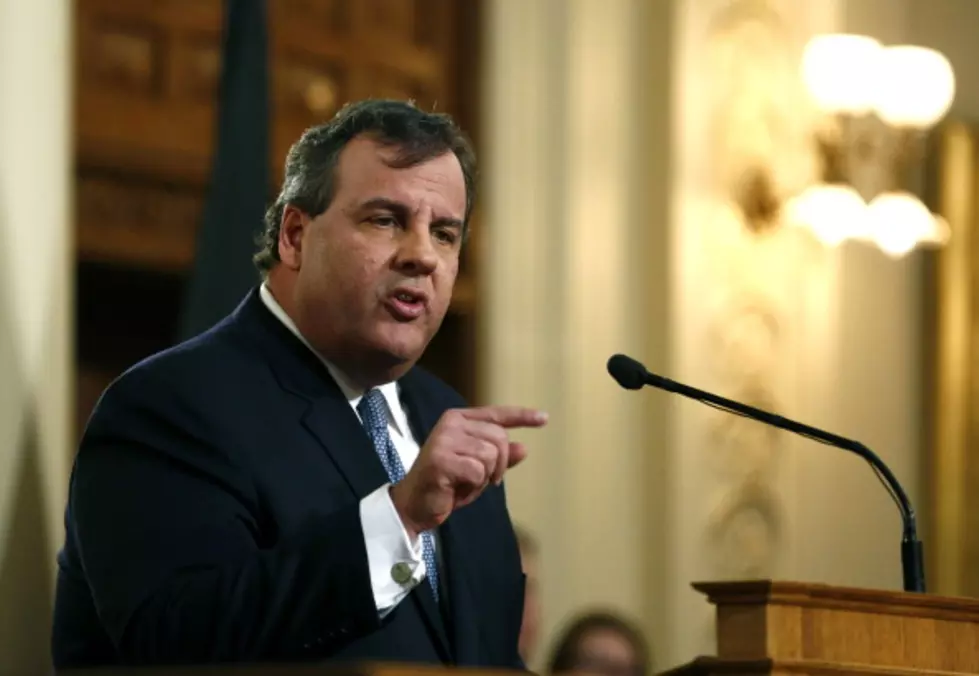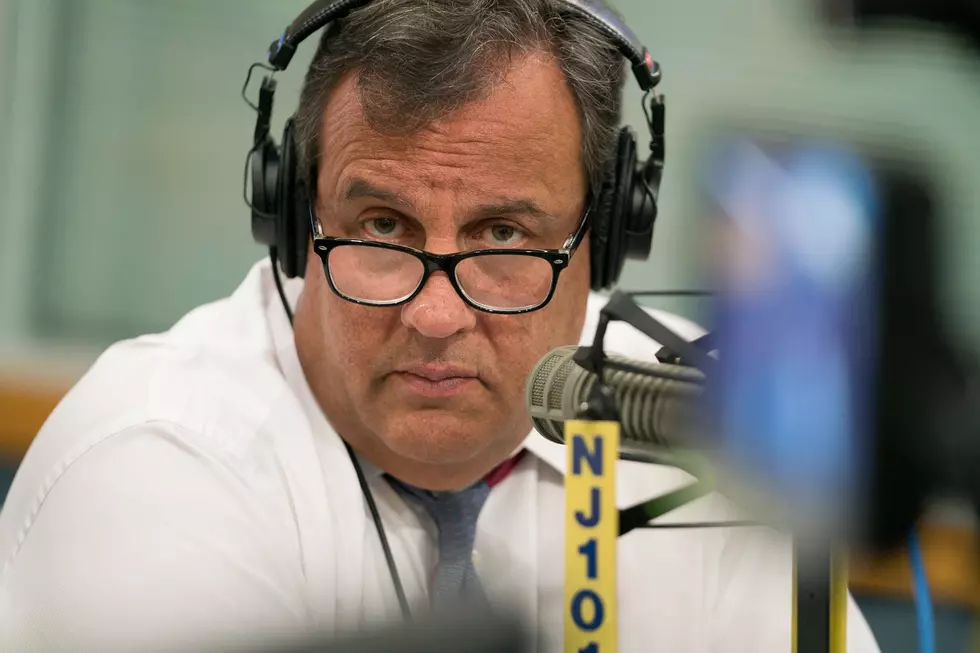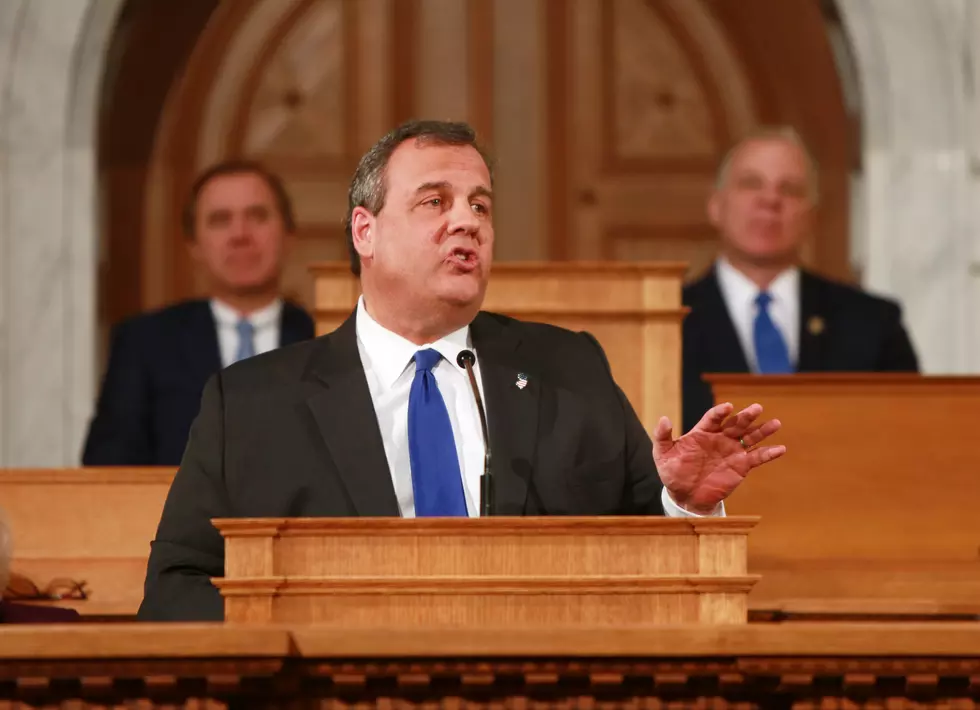
The state of New Jersey, by the numbers
TRENTON, N.J. (AP) — Gov. Chris Christie will deliver his fifth State of the State address Tuesday, when he will highlight his accomplishments in 2014 and priorities for 2015.
Before the Republican governor gets in front of lawmakers to lay out his view and vision of the state, here's a look at what the data says about where things stand in a number of areas, including education and the economy.
UNEMPLOYMENT
New Jersey's unemployment rate fell to 6.4 percent in November. The rate has been falling since 2010, when it peaked at 9.7 percent, but is still higher than the national average of 5.8 percent in November. New Jersey also has one of the highest unemployment rates in the country; it was tied for 35th highest in November. Particularly weak in New Jersey are the construction and leisure and hospitality industries, which each have seen a drop in workforce participation year over year.
TAXES
New Jersey has the highest property taxes in the country, with residents paying an average of $6,579 per year. That amounts to 1.89 percent of the property's value. But the state has the second-lowest gas tax in the nation at 14. 5 cents per gallon.
New Jersey has a progressive income tax system, with high rates at the high end and lower rates at the low end. The state's highest bracket of 8.97 percent on earnings of $500,000 or more is ranked sixth nationally, while its lowest rate of 1.4 percent is among the lowest.
New Jersey also has a 7 percent sales tax, which ranks above the national median of 5.95 percent.
INCOME
Median household income in the state from 2012 to 2014 was $64,700, making it fifth among states. Statistically, it is below Maryland and New Hampshire and not significantly different from Connecticut, Virginia, Massachusetts, Alaska, the District of Columbia, Minnesota and Colorado. While it's a high-income state, New Jersey is not currently at the very top as it was in years past.
POVERTY
New Jersey's poverty rate in 2013 was 11.3 percent, making it among the least impoverished group of states and below the national average of 14.3 percent. New Jersey is a high cost-of-living state, so to have an income at the poverty line makes you poorer here than it does most places.
EDUCATION
New Jersey's public schools have long been considered among the best in the nation, on average. And that remains true. On the National Assessment of Educational Progress, one of the few standardized tests given nationwide, New Jersey fourth-graders were tied for the fourth-highest scores in the country in 2013 in both reading and math. Eighth-graders were second in reading and tied for third in math.
Inequity has always been the problem. Schools in well-off suburbs generally perform well; those in many cities don't. Christie has installed a new superintendent in the state-run Newark district and had the state take over the schools in Camden. Newark is now using merit pay for teachers, among other changes, and Camden is turning to schools run by outside groups. Activists in both cities have reservations, but it's too early to tell how things are working.
HEALTH INSURANCE
The number of New Jersey residents without medical insurance dropped in half from September 2013 to June 2014. That increase in the number of people with coverage is due largely to President Obama's health insurance overhaul, which Christie opposed.
Some 160,000 people in New Jersey signed up for coverage for 2014 through the federally run health insurance exchange. Even more New Jersey residents — about 400,000 — were added to Medicaid rolls during 2014. A lot of that increase came because Christie agreed to raise the income limits for eligibility in New Jersey.
STATE FINANCES AND PENSIONS
Bond rating agencies have downgraded New Jersey's rating eight times during Christie's five years in office. The ratings reductions during 2014 were largely due to issues with pension funding for public employees. One of Christie's signature accomplishments of his first term was a deal to make public workers contribute more for their pension and other benefits in exchange for a promise that the state would catch up on a funding deficit over seven years.
But when tax revenues were lower than expected in April 2014, Christie backed out of the deal and reduced the state's pension payments for fiscal 2014, which ended June 30, and the year that began July 1. Unions and the board of one of the pension funds are suing over the cuts.
Copyright 2015 The Associated Press. All rights reserved. This material may not be published, broadcast, rewritten or redistributed.
More From New Jersey 101.5 FM







![How is New Jersey Really Doing? [POLL/AUDIO]](http://townsquare.media/site/385/files/2014/01/christie-presser-11.png?w=980&q=75)

